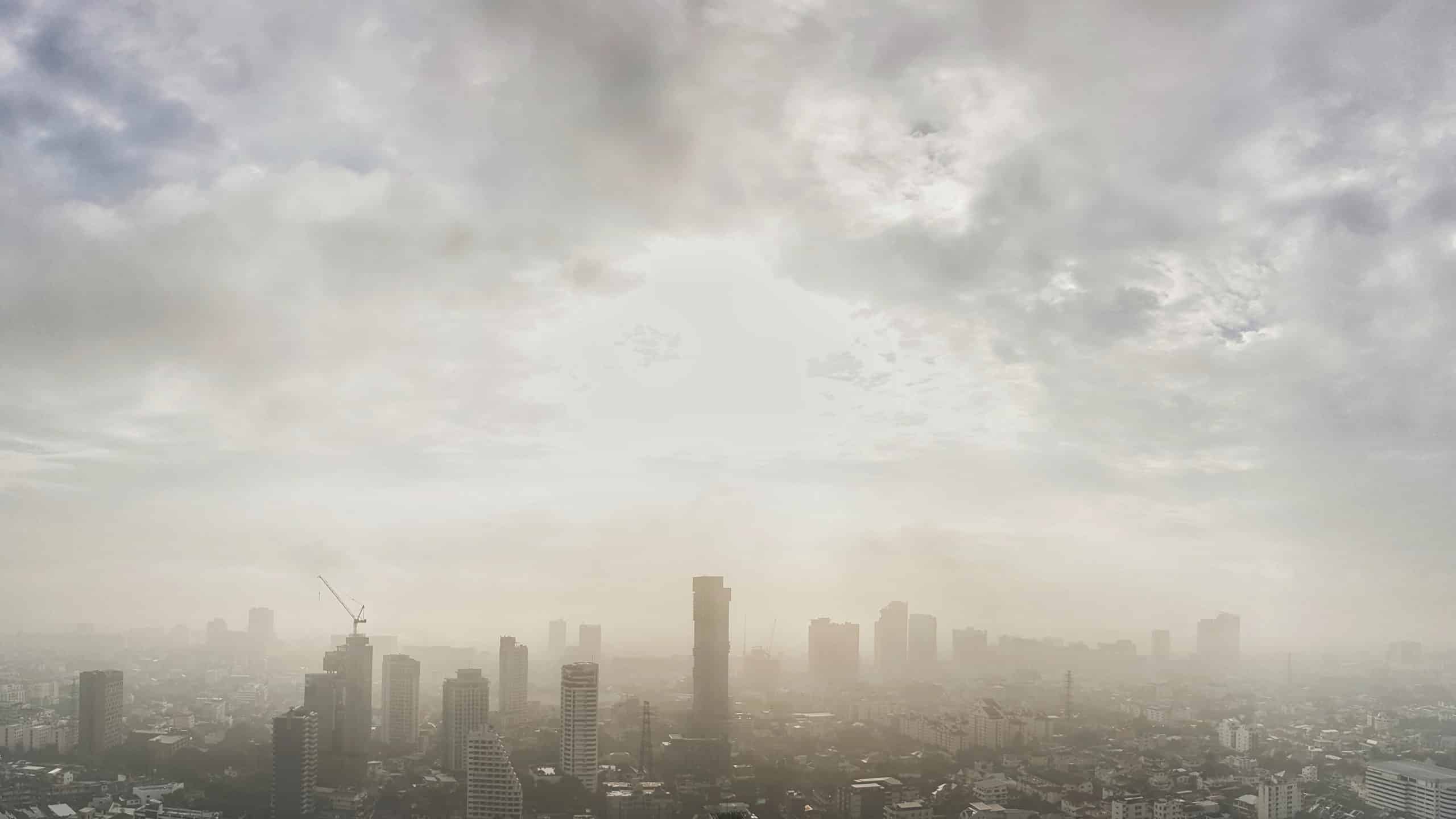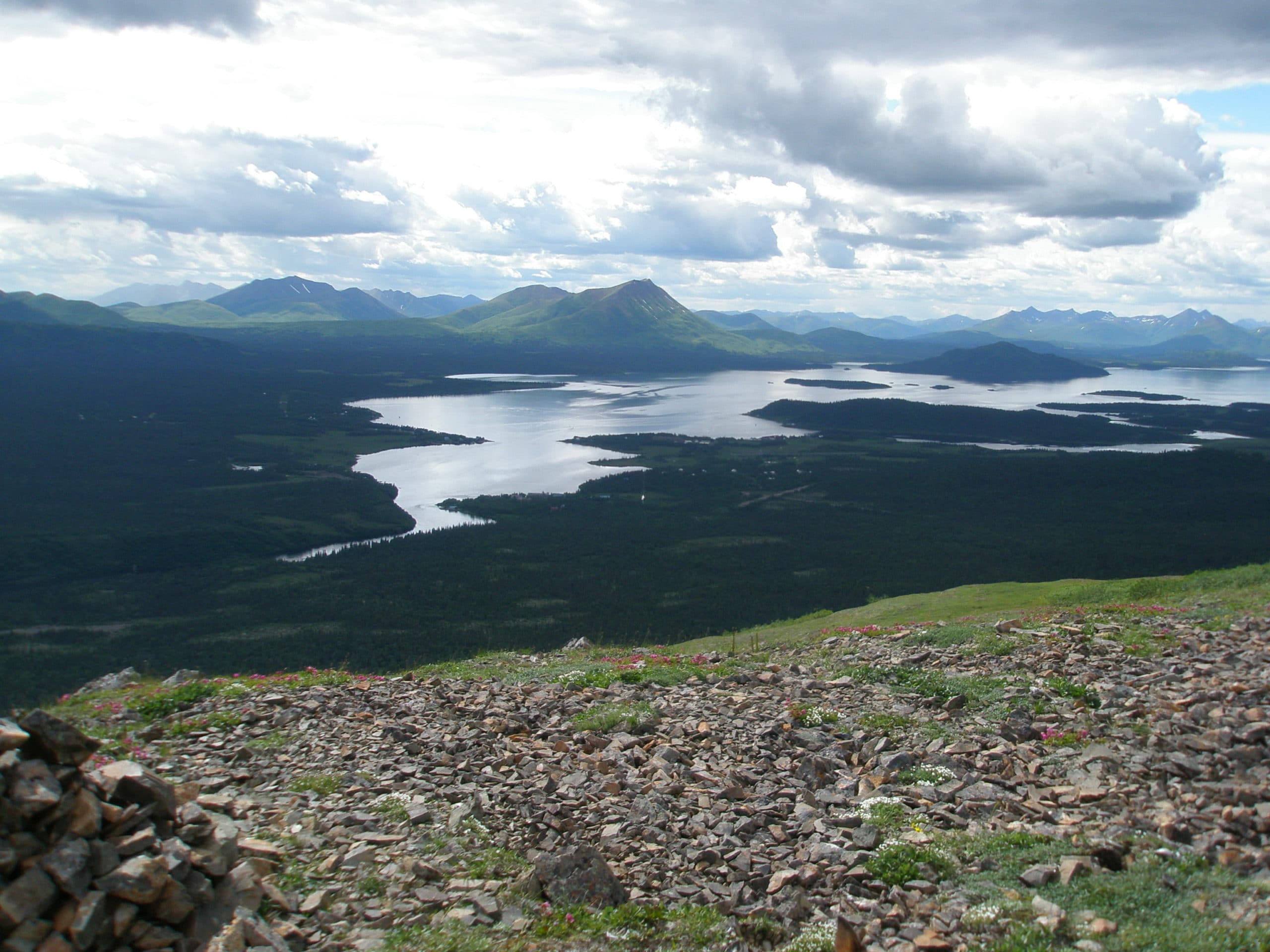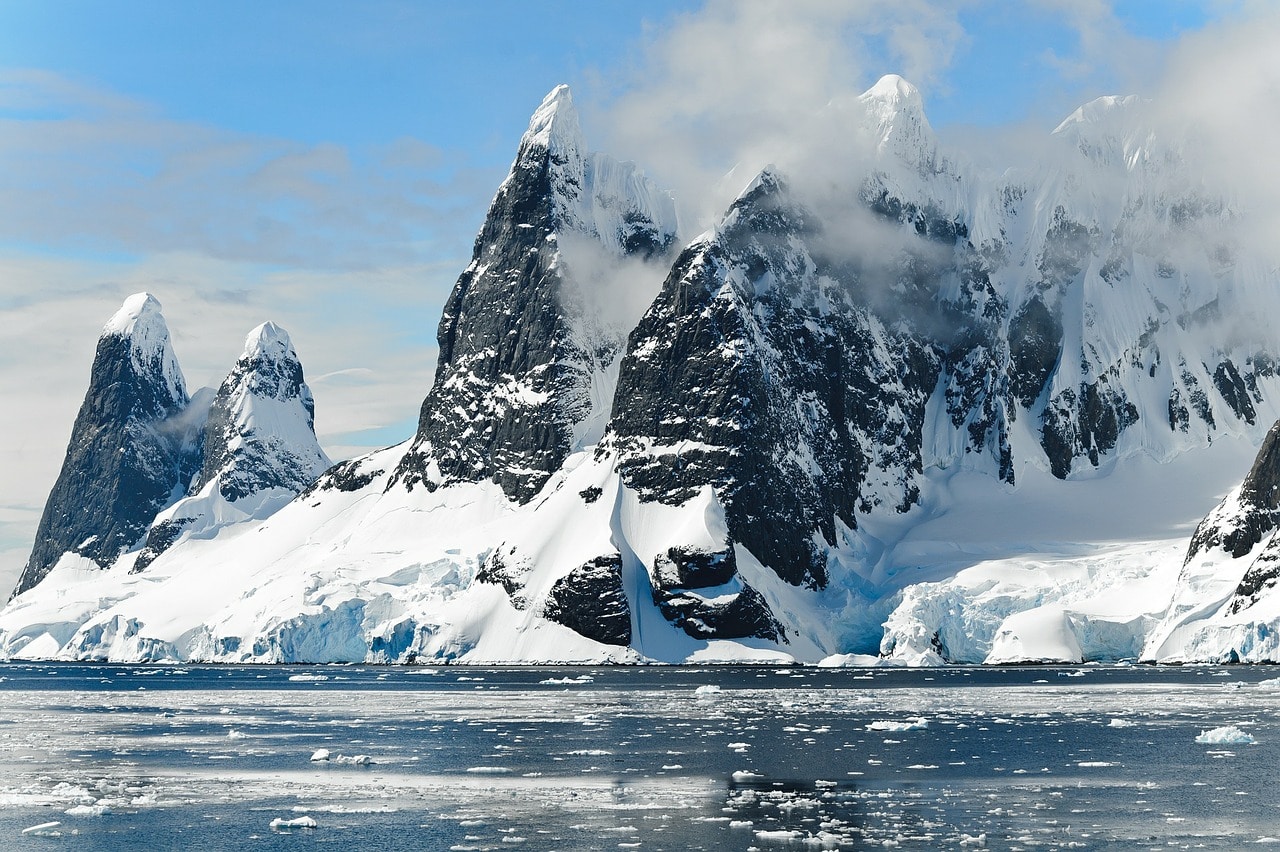Arctic Indigenous Voices
Increased Arctic shipping due to climate change can have a major impact on the Arctic environment, and thus indigenous communities. Increased shipping may significantly affect specific Arctic waters, food security, subsistence activities, the environment and wildlife. Arctic communities, Arctic food security, and Indigenous peoples’ cultures stand to be impacted by increased shipping. Many issues and concerns surrounding increased shipping are discussed across multiple regional, national, and international government bodies. However, the IMO, a specialized agency of the United Nations, is the only agency that sets international maritime rules.
With increased international vessel transits through Arctic waters, there is a need to set standards that protect the livelihoods of Arctic Indigenous peoples. However, there is a glaring lack of direct input or independent representation by Arctic Indigenous peoples in creating or advising on the development of international maritime law for the region.
Friends of the Earth seeks to:
- Advocate for Arctic indigenous voices to be heard. For over two years, Friends of the Earth has partnered with indigenous organizations to bring indigenous representatives to IMO to help them learn about the organization and experience first-hand why IMO deliberations have an impact on their communities. Indigenous peoples have been heard numerous times by the IMO.
- Partner with indigenous organizations to advance joint environmental interests and initiatives. FOE staff have presented to numerous indigenous organizations on the issues being discussed at IMO, and let them know how they can be part of IMO deliberations using our experience as the oldest environmental non-profit with consultative status at the Organization.
- Empower Arctic peoples through capacity building and knowledge. FoE has worked with indigenous organizations to help them think about how they can be more involved, such as potential ways to obtain official IMO consultative status, and have the capacity to be more engaged.
A broad coalition of forest advocates is seeking to defend last year’s reinstatement of National Roadless Rule protections across the Tongass National Forest in Southeast Alaska through several legal challenges.
Environmental groups intend to challenge today’s federal court ruling that the Willow oil drilling project in Alaska’s Western Arctic can proceed.
WASHINGTON – Today, the Biden Administration announced a set of new regulations regarding land use for the National Petroleum Reserve-Alaska (Western Arctic) and the cancellation of remaining oil and gas leases issued by the Trump Administration in the Arctic National Wildlife Refuge.…

The Inflation Reduction Act (IRA) is many things at once. The good and the bad all need to be considered together.

It is important for Arctic Indigenous peoples to be heard at this crucial meeting, to help people understand why we need the Arctic to remain cool by reducing emissions from shipping and other sectors.

It’s not every day that elder Alaska Natives are heard and respected by leaders from around the world.
